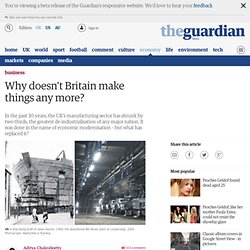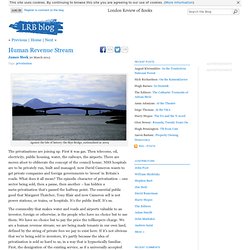

London vs. the Eurozone - Howard Davies. Exit from comment view mode.

Click to hide this space LONDON – Ever since the United Kingdom joined the European Economic Community in 1973, after the French withdrew Charles de Gaulle’s veto of its membership, Britain’s relationship with the European integration process has been strained. The British are reluctant Europeans, for historical and cultural reasons. For centuries, British foreign policy strove to avoid permanent European entanglements; but, most importantly, it aimed to prevent a single continental power from achieving dominance – especially if that power happened to be France. In the meantime, the British colonized large portions of the globe.
In recent years, having opted-out of the single currency and the Schengen area (which allows Europeans to cross borders without passports), the UK has distanced itself from important EU initiatives. The explanation is partly political. This is Cameron’s best argument on the financial front. How will financial firms react? 29/11 2011 - A turning point in British history. 30 November 2011Last updated at 12:38 Yesterday will be seen as a landmark in British economic history, and in British politics.

It will relegate George Osborne's emergency budget of June 2010 to a footnote and elevate Robert Chote's happy-go-lucky assessment of our economic prospects in November 2010 to the status of a case study in predictive failure. Why doesn't Britain make things any more? Before moving to Yale and becoming a bestselling historian, Paul Kennedy grew up on Tyneside in the 50s and 60s.

"A world of great noise and much dirt," is how he remembers it, where the chief industry was building ships and his father and uncles were boilermakers in Wallsend. Last year the academic gave a lecture that reminisced a little about those days. "There was a deep satisfaction about making things," he said. "A deep satisfaction among all of those that had supplied the services, whether it was the local bankers with credit; whether it was the local design firms. When a ship was launched at [Newcastle firm] Swan Hunter all the kids at the local school went to see the thing our fathers had put together and when we looked down from the cross-wired fence, tried to find Uncle Mick, Uncle Jim or your dad, this notion of an integrated, productive community was quite astonishing. " Wandering around Wallsend a couple of weeks ago, I didn't spot any ships being launched, or even built.
Why the super-rich love the UK. Here's something you definitely shouldn't do if you're even a tiny bit leftwing and suffer from high blood pressure: look at a document called the Forbes cost of living extremely well index.

Forbes is an American business magazine, and its cost of living extremely well index is an annual survey of price trends for things popular at the very, very top end of the income distribution. The riveting thing about the CLEWI isn't the headline attached, because that tends to be the same every year. The headline news is usually that very expensive things have gone up at a rate higher than the rate of inflation – often by as much as double. Common sense leads us not to be surprised at that, since people who don't care what stuff costs will logically not mind too much if the cost of that stuff goes up. Human Revenue Stream. Against the tide of history: the Skye Bridge, nationalised in 2004 The privatisations are joining up.

First it was gas. Then telecoms, oil, electricity, public housing, water, the railways, the airports. There are moves afoot to obliterate the concept of the council house; NHS hospitals are to be privately run, built and managed; now David Cameron wants to get private companies and foreign governments to ‘invest’ in Britain’s roads. What does it all mean? The commodity that makes water and roads and airports valuable to an investor, foreign or otherwise, is the people who have no choice but to use them. And that investment does come, and things get shinier.
By packaging British citizens up and selling them, sector by sector, to investors, the government makes it possible to keep traditional taxes low or even cut them. The woman who lives in a shed: how London landlords are cashing in. Maria's front door has a house number – 48 – screwed in to the wood and its own letterbox, but it isn't possible for a postman to get here to deliver anything.

The healthcare assistant's home is a shed in the back garden of a shabbily converted bedsit property, only accessible via the main building and through the filthy, rubbish-strewn yard. Her thrifty landlord has recycled the front door from another property, but Maria likes it; she likes having her own entrance and her own privacy. George Osborne's growth policy is turning British cities into Detroit UK. Europe's collective response to the 2008 credit crunch ranks with the treaty of Versailles and German reparations among the great follies of history.

While the peoples of Greece, Spain, Italy and France wrestle with counter-productive austerity policies, Britain's rulers have no more idea of what to do next. On Tuesday David Cameron and Nick Clegg renewed the coalition marriage vow of two years ago, but there were no smiles of rapture in a Downing Street garden, just gritted teeth in an Essex factory. Cocks of the walk had become headless chickens.
Those who warned at the time that the coalition risked double-dip recession by over-suppressing demand have been proved right.